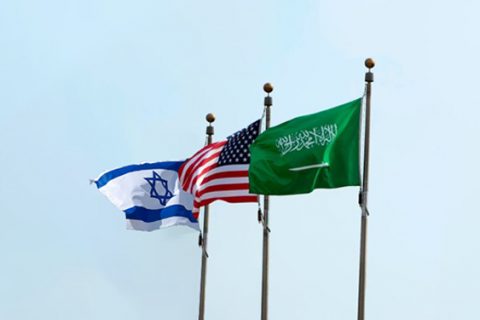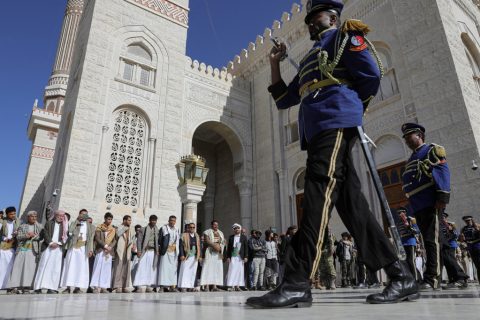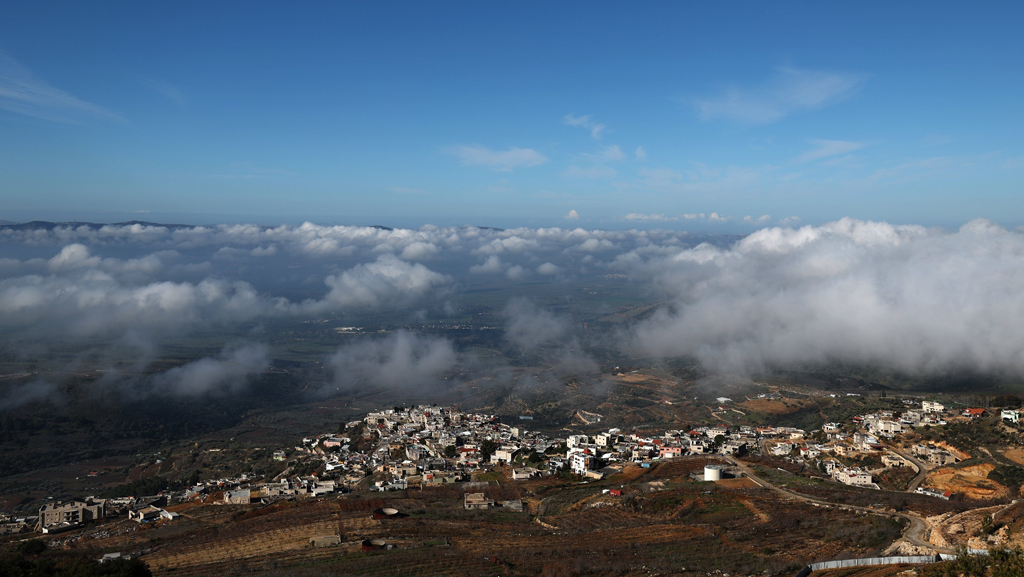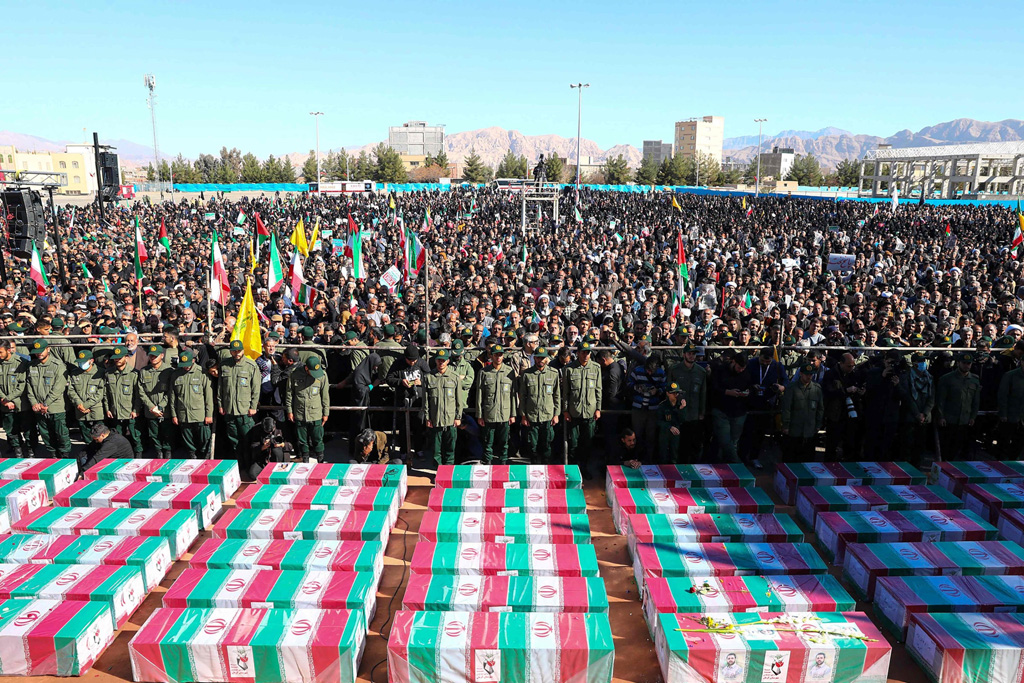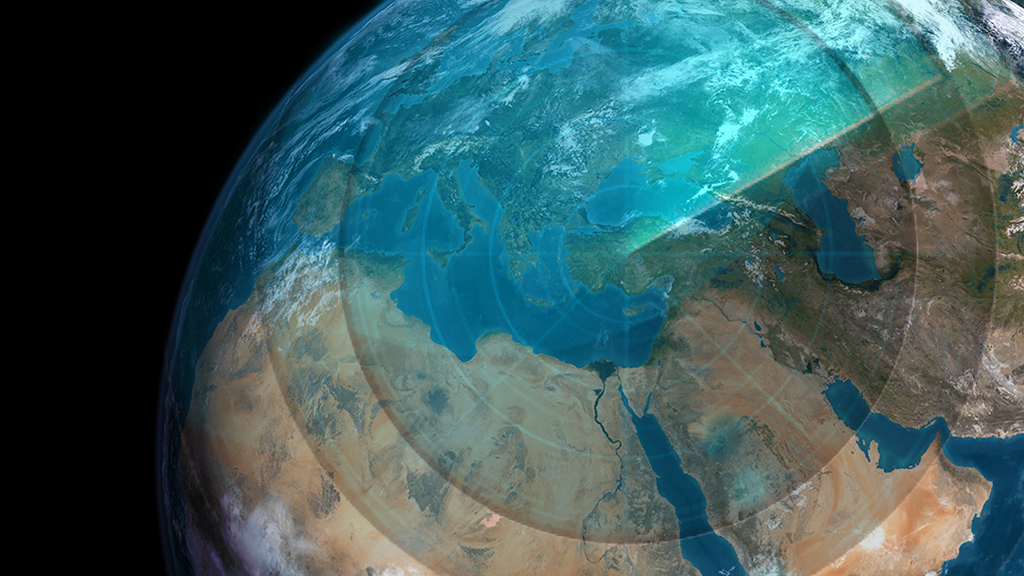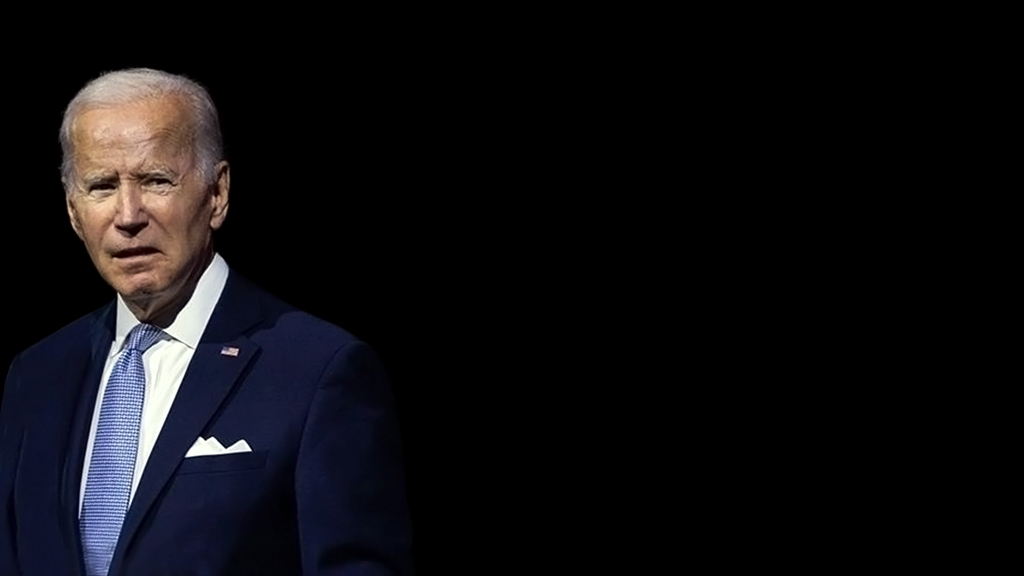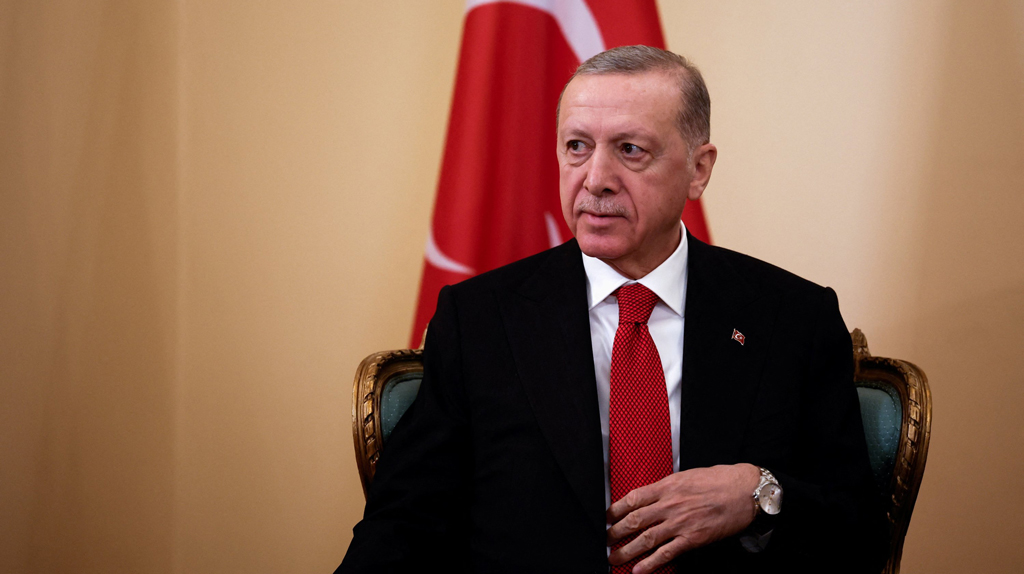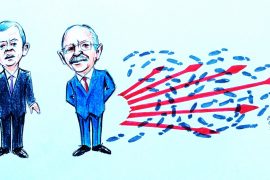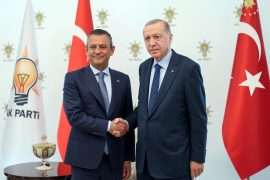Saudi Arabia

Normalization of Israel-Saudi ties under US sponsorship
| OpinionIn recent days, news suggesting progress in the discussions between the United States and Saudi …
-
Opinion
Normalization of Israel-Saudi ties under US sponsorship
By Kadir ÜstünIn recent days, news suggesting progress in the discussions between the United States and Saudi Arabia, and approaching the stage of agreement, could herald a new era in the Middle East. Saudis are seeking support from the United States to develop 'peaceful' nuclear technology in response to Iran's nuclear capacity, as well as security assurances in the event of a potential war. The agreement, which includes cooperation in advanced technology and distancing from China, is critical for the Biden administration, as its support depends on it. However, it will be challenging for a government led by Netanyahu, who has always opposed the establishment of a Palestinian state, to accept the insistence of the Saudis on stopping the Gaza war and a two-state solution. The Biden administration aims to use the normalization of relations between Israel and Saudi Arabia to sideline the Gaza issue and appear to have 'resolved' the Palestinian issue by the November elections, but Netanyahu remains the biggest obstacle to this.
-
Opinion
Is Middle East entering new spiral of conflicts?
By Burhanettin DuranA series of attacks and clashes sent shockwaves through the Middle East over the last week. Israel's massacres in Gaza and low-intensity conflict with Hezbollah at the Lebanese border remain underway. Meanwhile, in the Red Sea, the United States and Britain bombed Yemen's Houthis for the fourth time on Thursday. Washington also relisted the Houthis as a global terrorist group.
-
Opinion
Escalating tensions and the militarization of the Middle East
By Murat YeşiltaşThe recent developments in the Middle East region have led to a deepening instability, with the possibility of conflict increasing day by day. In 2023, we witnessed a period of relative normalization in the Middle East. While countries in the region were trying to minimize the potential for conflict, they had come a long way in developing common potential.
Bu Konuda Daha Fazla
-
Who benefits from controlled proxy conflict?
By Burhanettin DuranThe Middle East rang in the new year with assassinations and terror attacks. Saleh al-Arouri, the deputy leader of Hamas' political bureau, was assassinated in Beirut last Tuesday. The following day, two bombings in Kirman, Iran (for which Daesh has claimed responsibility) killed 103 people. As those attacks shifted everyone’s attention to Israel, Iran and Hezbollah pledged to exact “revenge and a heavy price.”
-
From Super Cup crisis to terror attack in Iran
By Burhanettin DuranThe new year got off to an extremely busy start in Türkiye.
-
SETA Security Radar: Türkiye’s international and regional agenda
By Murat YeşiltaşThe current international landscape is experiencing a profound transformation, marked by escalating crises and increasing globalization of conflicts. Amidst intensifying global and regional competition and growing uncertainties, we find ourselves in an era of widespread anxiety. Predicting the future in such times is a formidable challenge, yet it’s crucial to envision what the world of tomorrow might resemble. Addressing today’s challenges requires both study and foresight. "SETA Security RADAR: Türkiye’s Geopolitical Landscape in 2024" aims to project the future trajectory of Türkish foreign, security, and defense policies in light of current dynamics.
-
US foreign policy in 2023…
By Kadir ÜstünThe Biden administration's performance succumbed to ideological perspectives and strategic blindness.
-
Türkiye’s foreign policy in 2024
By Murat YeşiltaşDescribing 2023 as a relatively quiet year for Turkish foreign policy would exclude the events of Oct. 7 and their aftermath. The trend of normalization, ongoing since the general elections in May, played a pivotal role in determining the overarching course of foreign policy. Despite unresolved issues, emphasis was placed on minimizing potential conflicts and prioritizing common interests. In the post-election period, President Recep Tayyip Erdoğan opted for a regional foreign policy centered on Gulf country relations, making the economy a primary focus. To mitigate security risks from Syria, ministerial-level talks with the Assad regime were initiated. Noteworthy strides were made in normalizing relations with Israel and Egypt. Erdoğan’s robust support for Azerbaijan in liberating Karabakh bolstered Türkiye’s status as a geopolitical player in 2023.
